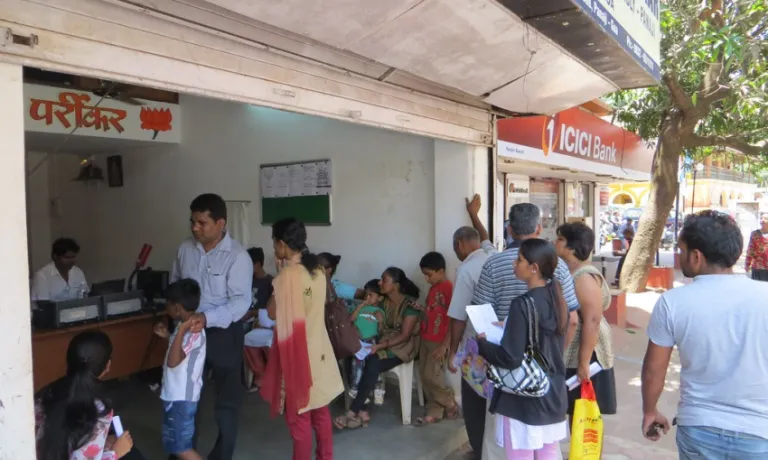
Long Reads

Governments around the world are increasingly making registration in national ID systems mandatory for populations to access social benefits, healthcare services, and other forms of state support. By virtue of their design, these systems inevitably exclude certain population groups from obtaining an ID and hence from accessing essential resources to which they are entitled.

Millions of people rely on India’s Public Distribution System (PDS) to receive subsidised food rations, which have become an essential ingredient of survival for many families during the Covid-19 pandemic. However, access to food rations is not guaranteed for all beneficiaries, with many women being left without access to food at a time of crisis.

In 2019, the UK Department for Work and Pensions published their two-part staff guide on conducting fraud investigations. Privacy International went through the 995 pages to understand how those investigations happen and how the DWP is surveilling benefits claimants suspected of fraud.

Following the publication of their investigation guide, we asked the DWP how the people they investigate get flagged. The answer? By an algorithm.

The Constitutional Court of South Africa declared that bulk interception by the South African National Communications Centre is unlawful and invalid.

Your personal data can be collected by companies from many different sources and shaped into a "secret identity". This is when companies use information about you to assume your personality traits and predict your behaviour, and sell this profile onto others. But who are the companies behind this practice?
Now more than ever with a global pandemic happening, our lives are being shaped by our interaction with the digital world. Work meetings on Zoom followed by Skype with family before a quick run with your favourite running app and a Google search for your next meal: technologies and services offer us

In today’s digital markets, data is increasingly a source of market power. The link between market power and data brings together elements of competition law, which regulates market power, and data protection regulation, which seeks to ensure the fair, lawful and transparent processing of personal data. This paper argues that when tackling anticompetitive data practices by dominant market players, data protection elements should be incorporated into the design of competition law remedies. This paper was written by Alessia D’Amico, PhD student at the European University Institute, during her placement at, and in collaboration with, Privacy International.

Privacy International investigates the use of personal data in political campaigning, focusing on the ecosystem of private companies hired by political parties, the policies of online platforms, and the laws that regulate micro-targeting around the world.

PI presents here 5 profiles of companies involved in political campaigning in order to provide a snapshot of how the digital political campaign sector works and further highlight the opacity and concerns for privacy.

Hablamos con representantes de organizaciones transgénero en Argentina, Francia y en Filipinas para entender cómo los sistemas de identificación están impactando sus vidas, y los marcos legales que les están ayudando.